
Ingredient
Vitamin B3 (niacin, niacinamide)
The Essential Nutrient: Unveiling the Power of Vitamin B3
Vitamin B3 is a water-soluble vitamin that exists in two forms: niacin and niacinamide. It is an essential nutrient that our bodies require for various metabolic processes. Vitamin B3 is known for its ability to convert food into energy, support proper nervous system function, and promote healthy skin. It is also involved in DNA repair and plays a role in maintaining cardiovascular health. In terms of appearance, niacin is a white, crystalline powder, while niacinamide is a white, odorless powder. Both forms are easily soluble in water and have a slightly bitter taste. Vitamin B3 can be found naturally in a variety of foods, including meat, fish, poultry, legumes, whole grains, and fortified cereals.
Origins and history
The discovery of vitamin B3 dates back to the early 20th century when researchers were investigating the causes of a disease called pellagra. Pellagra, characterized by dermatitis, diarrhea, and dementia, was prevalent in populations whose diets heavily relied on corn. In 1937, Conrad Elvehjem identified niacin as the essential nutrient responsible for preventing and treating pellagra. Since then, the understanding of vitamin B3's importance has grown, and it has become a staple in nutritional science.
Nutritional information
Vitamin B3 is a nutrient that provides essential support for our bodies. It aids in energy production, promotes healthy skin, and supports proper nervous system function. Additionally, it helps maintain cardiovascular health and plays a role in DNA repair.
Allergens
There are no known allergens associated with vitamin B3 (niacin, niacinamide).
How to select
When purchasing vitamin B3 supplements, it is important to choose reputable brands that adhere to quality standards and have undergone third-party testing for purity and potency. For foods rich in vitamin B3, such as meat, fish, and legumes, select fresh, high-quality products. Look for vibrant colors, firm textures, and check for any signs of spoilage or damage.
Storage recommendations
To maintain the freshness and quality of vitamin B3 supplements, store them in a cool, dry place away from direct sunlight. For foods rich in vitamin B3, follow specific storage instructions for each item. Generally, store meat, fish, and legumes in the refrigerator, while whole grains and fortified cereals should be stored in airtight containers in a cool, dry pantry.
How to produce
Vitamin B3 cannot be produced by amateurs as it is a complex nutrient that requires specialized manufacturing processes. However, it can be obtained naturally through a balanced diet that includes foods rich in niacin and niacinamide.
Preparation tips
Vitamin B3 is primarily obtained through the consumption of foods rich in niacin and niacinamide. To maximize the nutrient's benefits, it is recommended to cook these foods using gentle cooking methods such as steaming, boiling, or baking. Avoid excessive heat or prolonged cooking, as it may lead to nutrient loss. Incorporate vitamin B3-rich ingredients into various dishes, such as grilled chicken with legume salad or whole grain pasta with fish and vegetables, to enhance both flavor and nutritional value.
Culinary uses
Vitamin B3, in the form of niacin and niacinamide, is primarily used as a nutritional supplement rather than a culinary ingredient. However, it can be found in fortified cereals, energy bars, and beverages, where it contributes to the nutritional content of these products.
Availability
Vitamin B3 is commonly available worldwide, both in the form of supplements and in various foods.
More ingredients from this category » Browse all
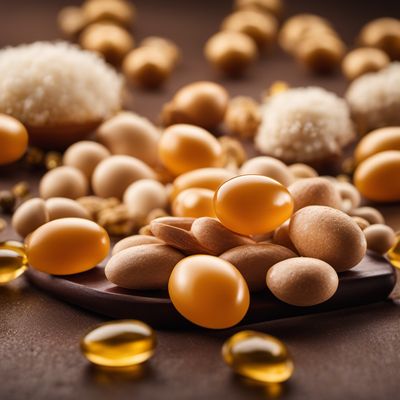
Vitamin B7 (biotin)
The Beauty Vitamin: Unveiling the Wonders of Biotin

Vitamin E (tocopherols, tocotrienols)
The Antioxidant Powerhouse
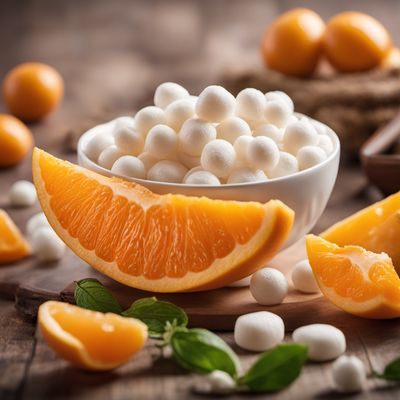
Vitamin C (ascorbic acid)
The Immunity Booster: Unveiling the Power of Vitamin C

Vitamin K (phylloquinone, menaquinones)
The Mighty Nutrient: Unveiling the Power of Vitamin K
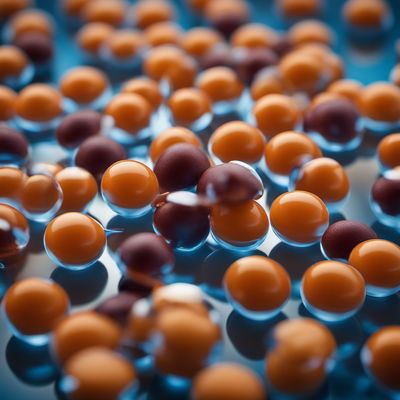
Vitamin B12 (cyanocobalamin, hydroxocobalamin, methylcobalamin)
The Essential Vitamin: Unveiling the Power of B12
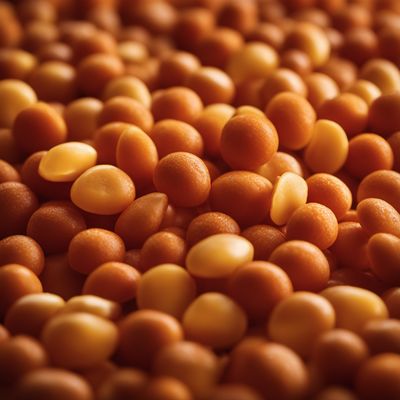
Vitamin B2 (riboflavin)
The Radiant Nutrient
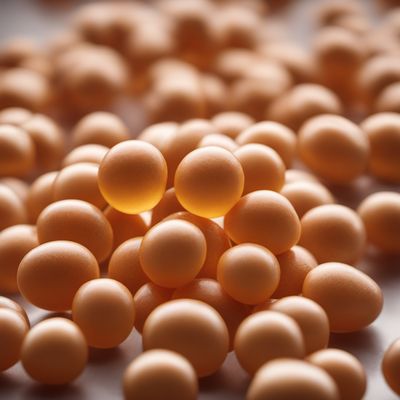
Vitamin B6 (pyridoxine, pyridoxamine, pyridoxal)
The Essential Nutrient Trio: Unveiling the Powers of Vitamin B6
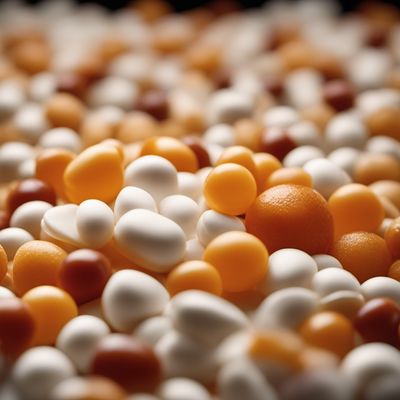
Vitamin B5 (pantothenic acid)
The Essential Nutrient: Unveiling the Power of Vitamin B5
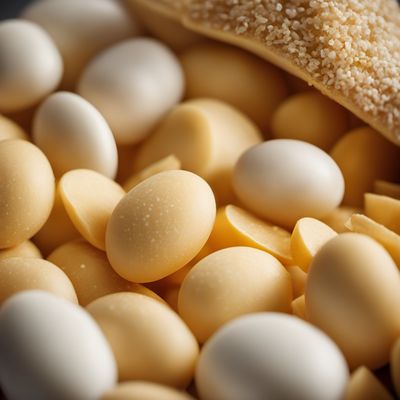
Vitamin B9 (folic acid, folinic acid)
The Essential Nutrient for Cell Growth and Development
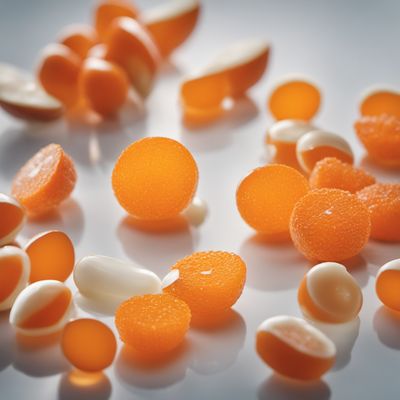
Vitamin A (retinol, carotenoids)
The Vision Booster
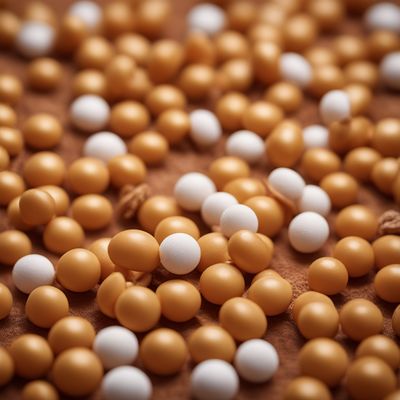
Vitamin B1 (thiamine)
The Essential Energy Booster
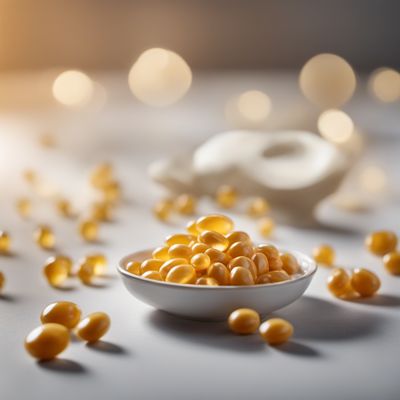
Vitamin D (cholecalciferol, ergocalciferol)
"The Sunshine Vitamin: Unlocking the Power of Vitamin D"